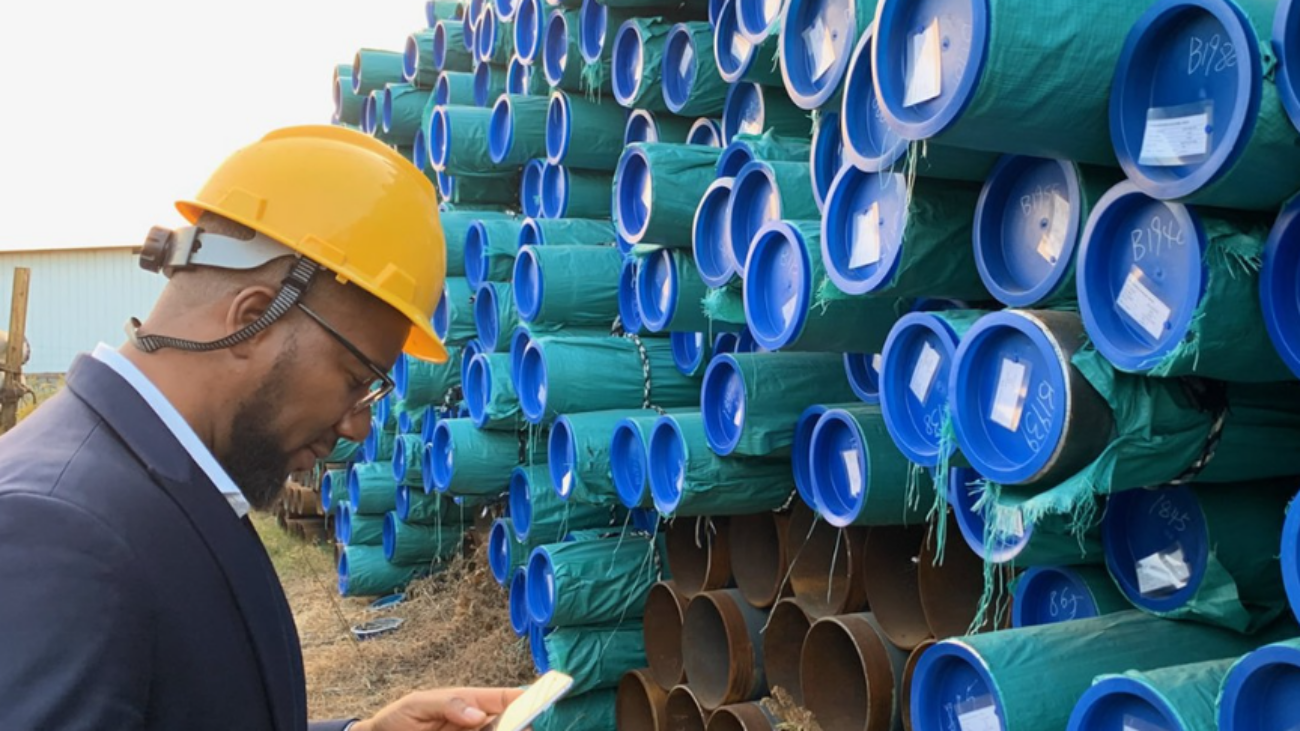In the dynamic and demanding landscape of the oil and gas industry, Health, Safety, and Environment (HSE) policies are not just regulations; they are the backbone of responsible operations. At SPUD, a leading player in this sector, HSE is not merely a checkbox; it’s a culture that permeates every aspect of our work, ensuring that safety and sustainability go hand in hand with operational excellence.
Understanding HSE in the Oil and Gas Industry
HSE encompasses a range of practices and protocols designed to protect the well-being of workers, communities, and the environment. In an industry where operations can be complex and hazardous, HSE policies serve as a compass, guiding organizations like SPUD to navigate challenges while upholding the highest standards of safety and environmental stewardship.
SPUD’s HSE Commitment: A Culture of Safety
At SPUD, HSE is not just a set of rules; it’s a deeply ingrained culture that starts from the top. Our leadership recognizes that ensuring the safety of our workforce and minimizing our environmental footprint are not optional—they are non-negotiable priorities.
Integration of HSE into Daily Operations
One of the key aspects of SPUD’s approach to HSE is its integration into every facet of our operations. From planning and execution to monitoring and feedback, HSE considerations are woven into the fabric of how we work. This integration is not just about compliance; it’s about proactive risk management and continuous improvement.
SPUD’s HSE Policies and Practices
SPUD’s HSE policies and practices are designed to exceed industry standards. Here are some key elements of our approach:
1. Comprehensive Risk Assessments: Before any operation begins, thorough risk assessments are conducted to identify potential hazards and mitigate risks.
2. Training and Awareness: We prioritize ongoing training and awareness programs to ensure that all employees are equipped with the knowledge and skills needed to work safely.
3. Safety Protocols and Equipment: Stringent safety protocols and state-of-the-art safety equipment are standard across all our sites and operations.
4. Environmental Sustainability: SPUD is committed to minimizing its environmental impact through initiatives such as waste reduction, energy efficiency, and responsible resource utilization.
5. Emergency Preparedness: We have robust emergency response plans in place to swiftly and effectively address any unforeseen incidents.
SPUD’s Approach to SPUD: A Case Study in HSE Excellence
Let’s take a closer look at how SPUD’s commitment to HSE translates into action during one of our operations—the drilling of a new well, commonly referred to as spudding (SPUD).
Preparation Phase: Before SPUD, extensive planning and risk assessments are conducted. HSE considerations are integrated into the drill plan, including well design, equipment selection, and emergency response protocols.
Execution Phase: During drilling operations, HSE is a top priority. Rigorous safety protocols are followed, and real-time monitoring systems ensure early detection of any potential issues. Regular HSE audits and inspections are conducted to maintain compliance and identify areas for improvement.
Post-Operation Evaluation: After SPUD, a comprehensive evaluation is conducted to review HSE performance, lessons learned, and opportunities for enhancement. Feedback from frontline workers is actively sought to continuously refine our HSE practices.
In conclusion, SPUD’s approach to HSE sets a benchmark for excellence in the oil and gas industry. By prioritizing the well-being of our workforce, communities, and the environment, we not only meet regulatory requirements but also demonstrate our commitment to responsible and sustainable operations. HSE is not just a policy at SPUD; it’s a reflection of our core values and our dedication to making a positive impact in everything we do.



